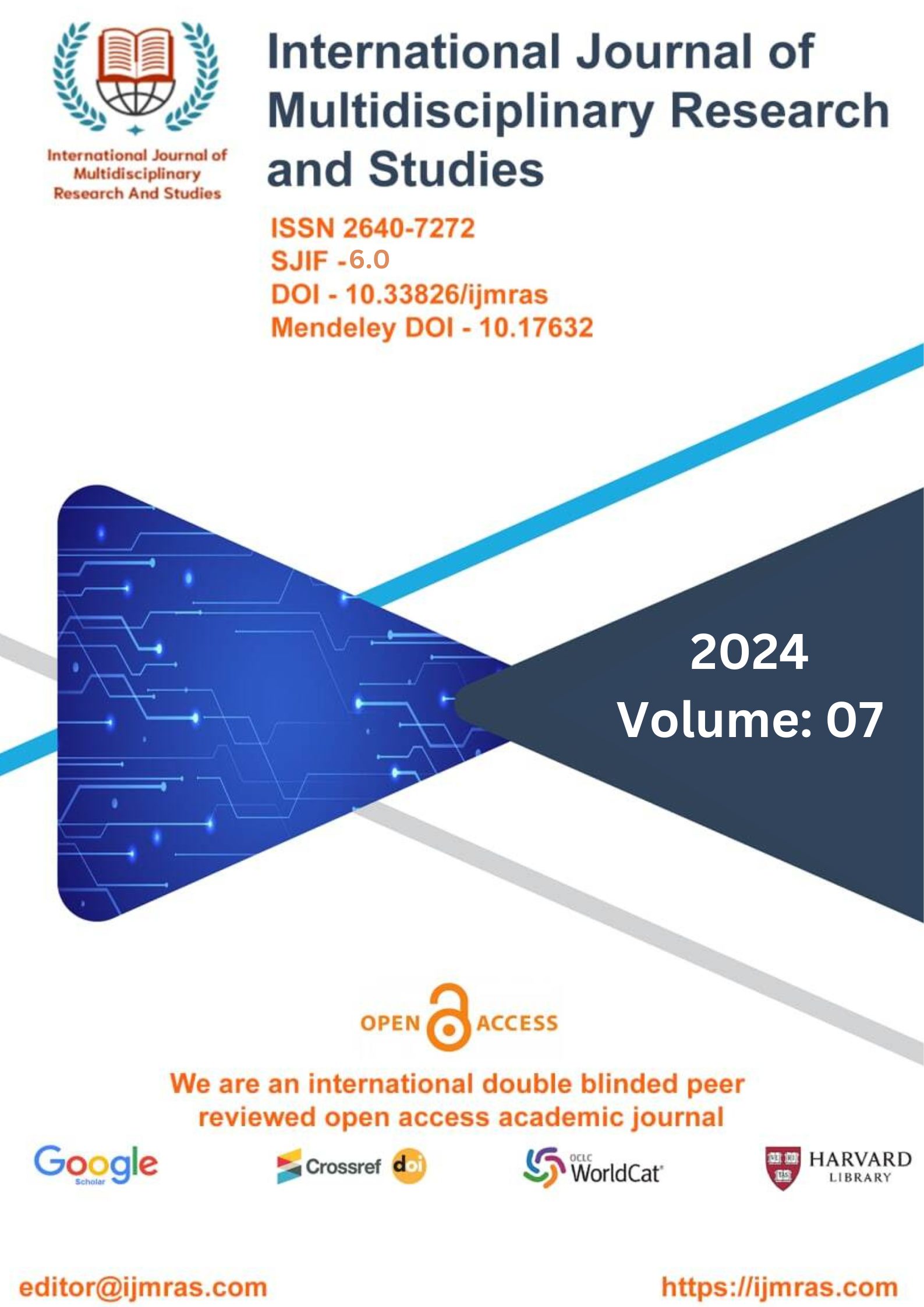An exploratory study conducted in Hong Kong looked at how a nursing education program and counselling service affected patients with chronic obstructive pulmonary disease's quality of life and adherence to their medications.

Abstract
People with chronic obstructive pulmonary disease often struggle with not using their inhalers as needed. As a result, this lowers one's health and overall quality of life (QoL). A number of studies have shown that patients who strictly follow their medication schedules had fewer hospitalizations and a better quality of life. The quality of life and adherence to treatment for chronic obstructive pulmonary disease (COPD) have been shown to improve with nurse education and counselling. An effective new method to enhance medicine adherence and patient quality of life in COPD patients is a nursing education and counselling programme. This dissertation seeks to do three things: (1) study and construct a strategy for implementing an educational programme in a clinical setting; (2) establish a protocol for evidence-based practise; and (3) analyse the possibility for implementing the approach.
From two different online databases, six studies meeting the criteria were selected. Studies were critically evaluated to ensure they were of sufficient quality and validity. SIGN (Scottish Intercollegiate Guidelines Network) checklists were utilised for the evaluation (SIGN). The collected data was subsequently analysed.
The implementation's viability and adaptability were evaluated. The practical viability of the evidence-based recommendations was also taken into account. The next stage was to find out if clinical ideas supported by evidence were feasible for healthcare practitioners to execute. After this, we'll talk about the potential downsides and upsides of emerging technologies and tinker with the cost-benefit analysis. Additionally, the EBP procedure was developed with real-world clinical use in mind.
Keywords
Nursing Education, Pulmonary Disease, Emerging TechnologiesHow to Cite
References
Wei,L.,Yang,X.,Li,J.,Liu,L.,Luo,H.,Zheng,Z.,&Wei,Y.(2014).Effectof pharmaceutical care on medication adherence and hospital admission inpatients with chronic obstructive pulmonary disease (COPD): a randomized controlled study. Journal of Thoracic Disease, 6(6), 656–662.
Khdour,M.R., Kidney, J.C., Smyth, B . M. ,& Mc Elnay,J.C.(2009).Clinical pharmacy-led disease and medicine management programmed for patients with COPD. British Journal Of Clinical Pharmacology, 68(4),588-598.
E fraimsson, E. Ö., Hillervik, C., & Ehrenberg, A. (2008). Effects of COPDself-care management education at a nurse-led primary health care clinic. Scandinavian Journal of Caring Sciences, 22(2),178.
Huang X, Lin J, Demner-Fushman D (2006)."Evaluation of PICO as a knowledge representation for clinical questions". AMIA Annu Symp Proc:359–63.PMC1839740.PMID17238363
Lung and Asthma Information Agency: TrendsinCOPD.Factsheet2003/1.Public Health Services Dept., St George’s Hospital Medical School, Cranmer Terrance, London, UK.
European Respiratory Society. European Lung White Book: Hudders field, European Respiratory Society Journals, Ltd; 2003
Jemal A, Ward E, Hao Y: Trends in the leading causes of death in the UnitedStates,1970–2002. JAMA 2005, 294:1255–1259.
World Health Organization: World health statistics 2008. Available at:http://www.who.int/whosis/whostat/EN_WHS08_Full.pdf (accessed August22, 2012)
Decramer M, Janssens W, Miravitlles M (April 2012). "Chronic obstructive pulmonary disease". Lancet379 (9823): 1341–51.
Buist AS, McBurnie MA, Vollmer WM, Gillespie S, Burney P, Mannino DM ,On behalf of the BOLD Collaborative Research Group: International variation in the prevalence of COPD(The BOLD study):apopulation-basedprevalencestudy.Lancet2007, 370:741–750.
GlobalInitiativeforChronicObstructiveLungDisease.(2013).GlobalStrategyforDiagnosis,Management,andPreventionofCOPD.GlobalInitiativeforChronicObstructiveLungDisease.Retrievedfromhttp://www.goldcopd.org/uploads/users/files/GOLD_Report_2015_Sept2.pdf
GallefossF.TheeffectsofpatienteducationinasthmaandCOPD:arandomised controlled trial. Lungeforum Scand Respiratory J 2001; 11 suppl14: 3.
Leiva-Fernández,J.,Leiva-Fernández,F.,García-Ruiz,A.,Prados-Torres,D.,& Barnestein-Fonseca, P. (2014). Efficacy of a multifactorial intervention ontherapeutic adherence in patients with chronic obstructive pulmonary disease(COPD):a randomized controlled
trial. BMC Pulmonary Medicine, 14, 70.
Mortality Statistics. Hong Kong SAR: Department of Health and Census and Statistics Department
Ninot,G.,Moullec,G.,Picot,M.C.,Jaussent,A.,Hayot,M.,Desplan,M.,& ... Prefaut, C. (2011). Cost-saving effect of supervised exercise associated to COPD self-management education program. Respiratory Medicine,105(3),377-385.
Press,V.G.,Arora,V. M.,Shah,L.M.,Lewis,S.L.,Charbeneau,J.,Naureckas, E. T., & Krishnan, J. A. (2012). Teaching the use of respiratory inhalers to hospitalized patients with asthma or COPD: a randomized trial. Journal Of General Internal Medicine, 27(10),1317-1325.
St George’s University of London. (2000). Health Status Research. RetrievedFeb12, 2016, from http://www.healthstatus.sgul.ac.uk/.
Shumaker S, Ockene JK, Riekert KA. The handbook of health behavior andchange.3rded. New York:Springer, 2008.
World Health Organization: World health statistics 2008. Available at: http://www.who.int/whosis/whostat/EN_WHS08_Full.pdf (accessed August22, 2012)
HahnK. SlowteachingtheCOPDpatient.Nursing1987; 17(4): 34-41.
Anthonisen NR, Skeans MA, Wise RA, Manfreda J, Kanner RE, et al. (2005)The effects of a smoking cessation intervention on 14.5-year mortality: a randomized clinical trial. Ann Intern Med 142: 233–239.
"AboutSIGN".ScottishIntercollegiateGuidelinesNetwork.Retrieved9August2014.
License
Copyright (c) 2024 HU YUE, DR FARIDAH MOHD SAID

This work is licensed under a Creative Commons Attribution 4.0 International License.
Individual articles are published Open Access under the Creative Commons Licence: CC-BY 4.0.




